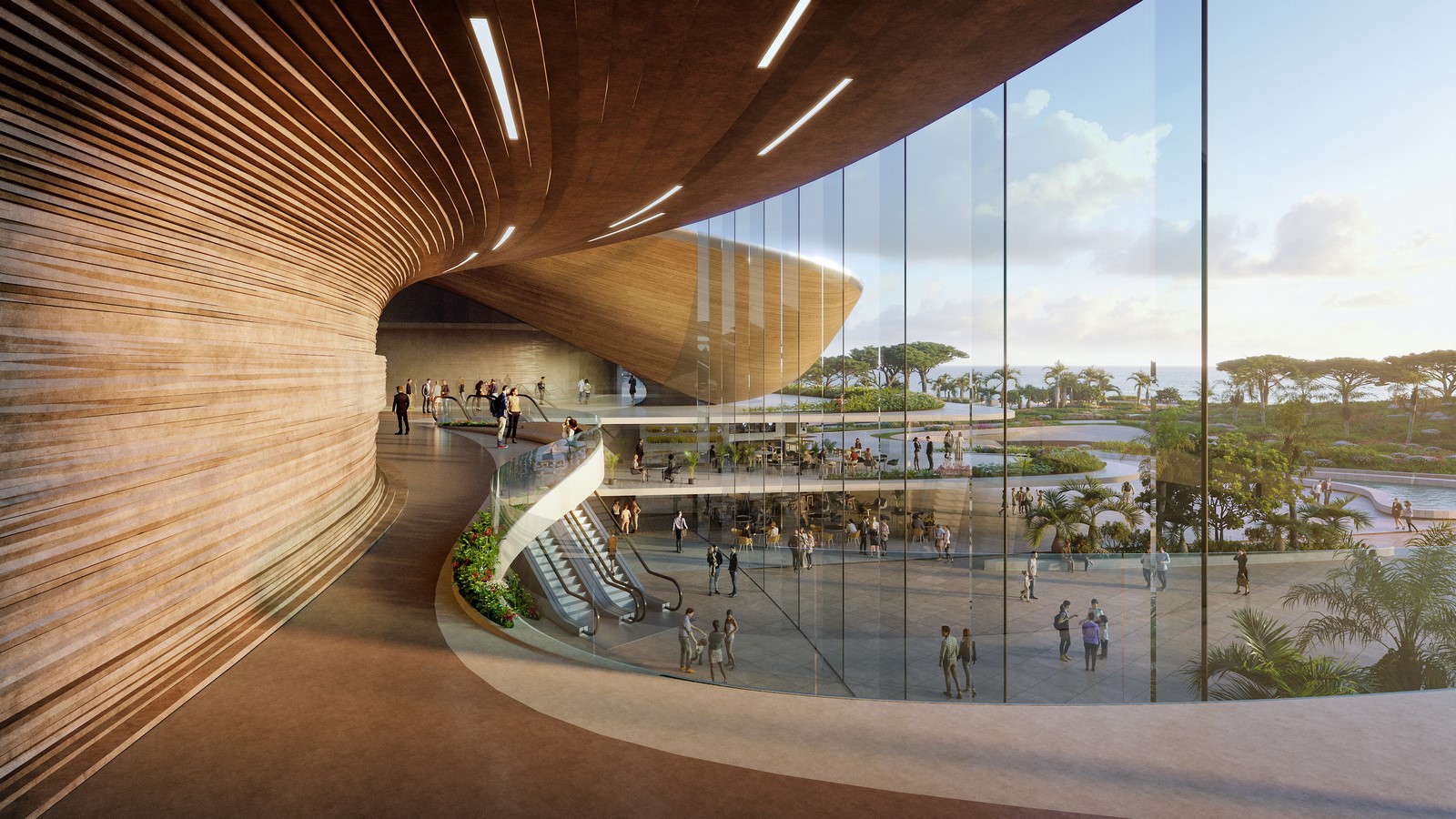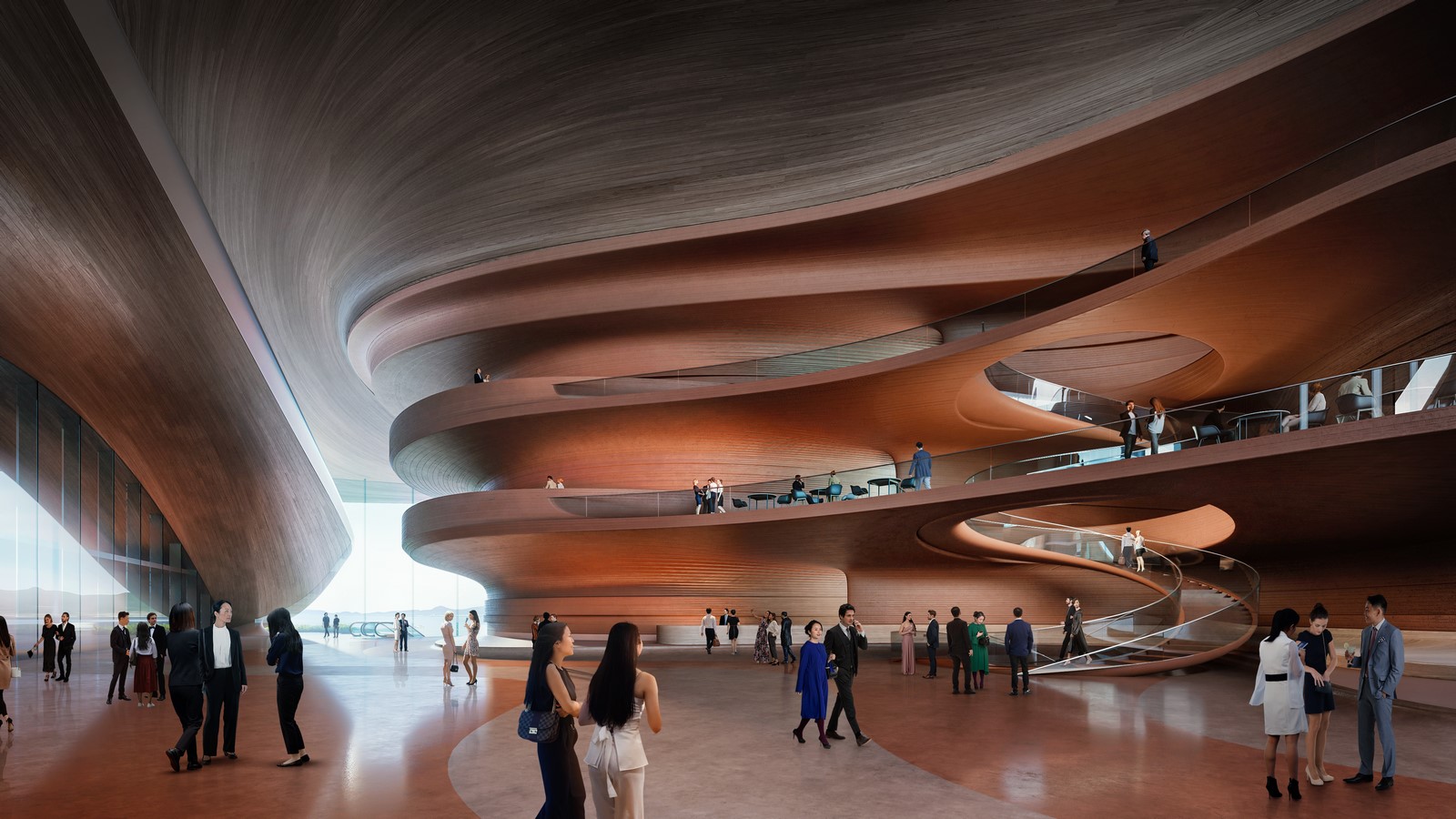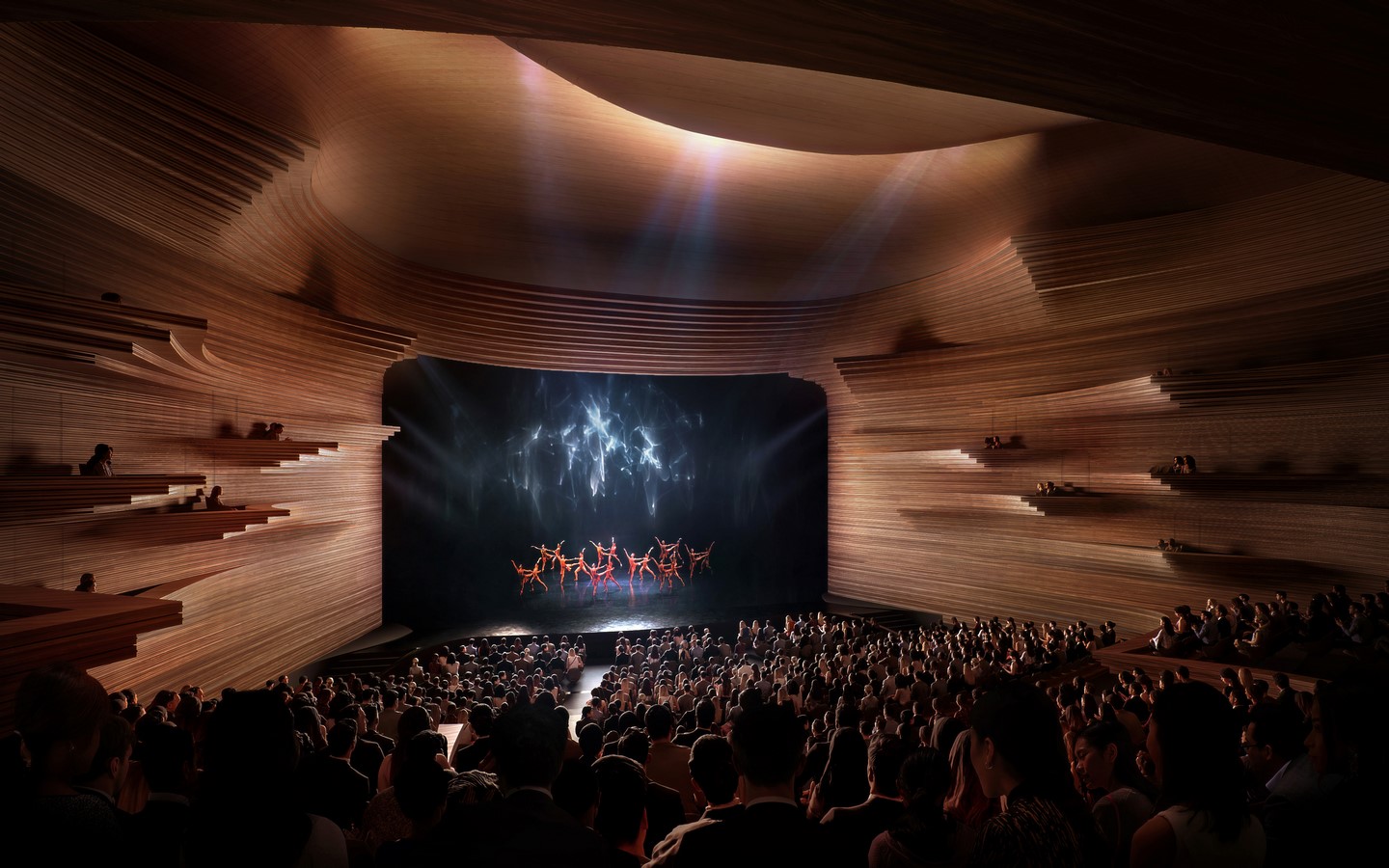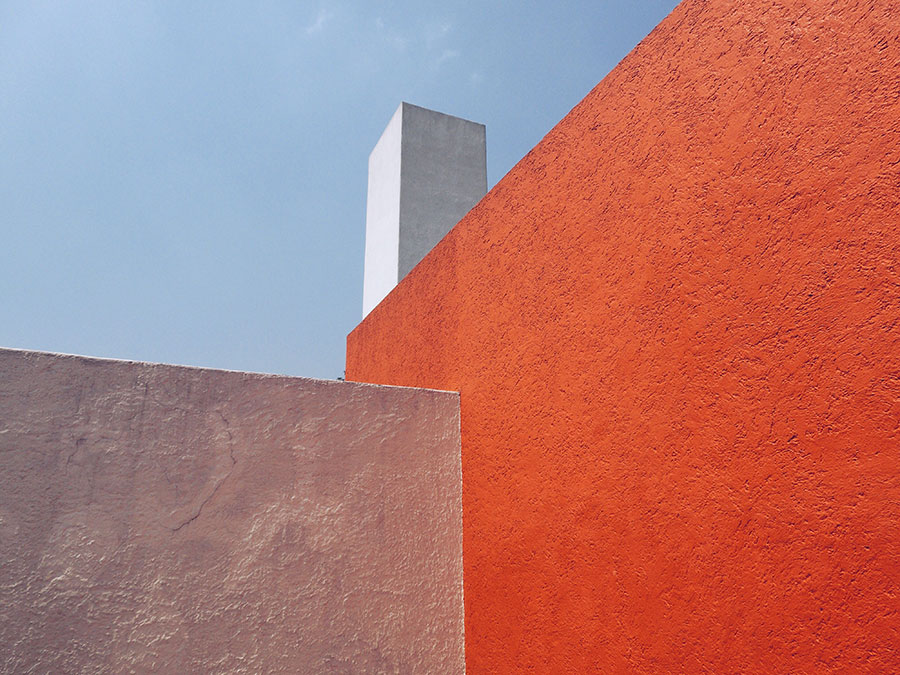Situated on the southern tip of Hainan Island, China’s most southerly province with its tropical forests, mountain parks and white sand beaches welcoming over 80 million tourists each year, Sanya has grown to a city of over a million residents.
Architect: Zaha Hadid Architects (ZHA)
Design: Patrik Schumacher
ZHA Competition Project Directors: Nils Fischer, Lei Zheng, Jakub Klaska
ZHA Competition Project Architects: Chun-Yen Chen, Matthew Gabe
ZHA Competition Team: Shajay Bhooshan, Joshua Anderson, Vishu Bhooshan, Daniel Boran, Chun-Yen Chen, Hung-Da Chien, Nils Fischer, Matthew Gabe, Charles Harris, Jinqi Huang, Yen-Fen Huang, Ivan Hewitt, Jakub Klaska, Hannah Kopeliovitch Simmons, Henry Louth, Sonia Magdziarz, Patrik Schumacher, Svenja Siever, Tul Srisompun, Yaobin Wang, Yutong Xia, Simon Yu, Lei Zheng, Han Hsun Hsieh
Client: The People’s Government of Sanya City
Consultants
Executive Architects: Arcplus Institute of Shanghai Architectu
al Design & Research Local Architect: Arcplus Institute of Shanghai Architectural Design & Research Structural Engineers: Arcplus Institute of Shanghai Architectural Design & Research Quantity Surveyor: Arcplus Institute of Shanghai Architectural Design & Research M&E Engineering: Arcplus Institute of Shanghai Architectural Design & Research MEP: Arcplus Institute of Shanghai Architectural Design & Research
Transport Consultant: Parking Management Organization
Fire Engineer: Arcplus Institute of Shanghai Architectural Design & Research
Landscape Consultant: ZHA Lighting Design: ZHA Acoustic Consultant: Cundall Theatre Consultant: Cundall
Theatre Management Consultants: Cundall
Theatre Equipment Consultants: Cundall
Site Surveyor: Arcplus Institute of Shanghai Architectural Design & Research
Signage Design: SHIYU Urban Signage Planning and Design

Facing Sanya Bay, the harbour is the centre of the city’s leisure, shopping and business districts. Incorporating yachting marinas and one of China’s busiest cruise ship terminals, the harbour also includes the city’s commercial and fishing port.
Located at the entrance to Sanya’s harbour, the new cultural district by ZHA is adjacent to the Jiangang Road terminus of Sanya’s tram network that connects many of the residential and hotel districts on Sanya Bay with the city’s high-speed rail station.

Establishing the harbour as the heart of Sanya’s cultural life, the new district defines the city as a gateway to the tropical waters of Sanya Bay and beyond to the South China Sea.
A central axis through the masterplan directly links the new harbourside district with the city’s existing urbanism and divides the cultural programming of its performing arts theatre and exhibition galleries from its commercial programming for conferences and trade fairs; both facilities share a new public square with sweeping views over the harbour that welcomes visitors, audiences and delegates to the events within.
The centre’s layered roofs feather outwards and cascade from their highest points along this axis, framing the entrance lobbies of the performing arts theatre and the conference centre. Visible throughout the harbour and from Sanya Bay, these roofs softly reflect sunlight and appear to float above the water like sails in a sea breeze, defining an architectural landmark of ascending geometries that echo the mountainous landscapes of Hainan’s interior behind the city.

Gently rising from the ground surface of the district’s new public square to shelter the entrances of the cultural centre and conference centre, the roofs’ composition opens to face the harbour in layers of public terraces with panoramic views of the water.
Connecting with the existing urbanism of the city centre, the cultural district’s 26.7 hectares incorporates new public plazas, gardens, marinas and harbourside boardwalk together with the cultural, exhibition and conference facilities designed to host the widest variety of performances and events by local, national and international artists, institutions and companies.
With a total of 409,000 sq. m of built area, the new harbourside district also includes city-centre residences and offices as well as hotels, shopping and dining amenities to serve the many millions of tourists who visit Sanya every year.
Located within Hainan’s tropical climate that is heavily influenced by monsoons, the cultural district’s architecture incorporates low-carbon design, procurement,construction and operational strategies with photovoltaics and rainwater collection embedded within the large roof areas that include deep overhanging eaves to shade the interiors and shelter the outdoor public terraces throughout the year.

The district’s orientation, composition and landscaping are designed to optimise natural indirect sunlight as well as natural ventilation from cooling on-shore winds. A central plant is designed to include high-efficiency equipment and sea water heat exchangers for cooling. A smart building management system will automatically adjust shading, lighting and ventilation for optimum comfort and efficiencies.
Timber cladding on the underside of the cultural and conference centre’s roofs will be sourced from certified sustainable forests and selected for its resilience to local coastal weather conditions without chemical treatments. Procurement for each building within the district will prioritise the use of local and recycled materials.



















